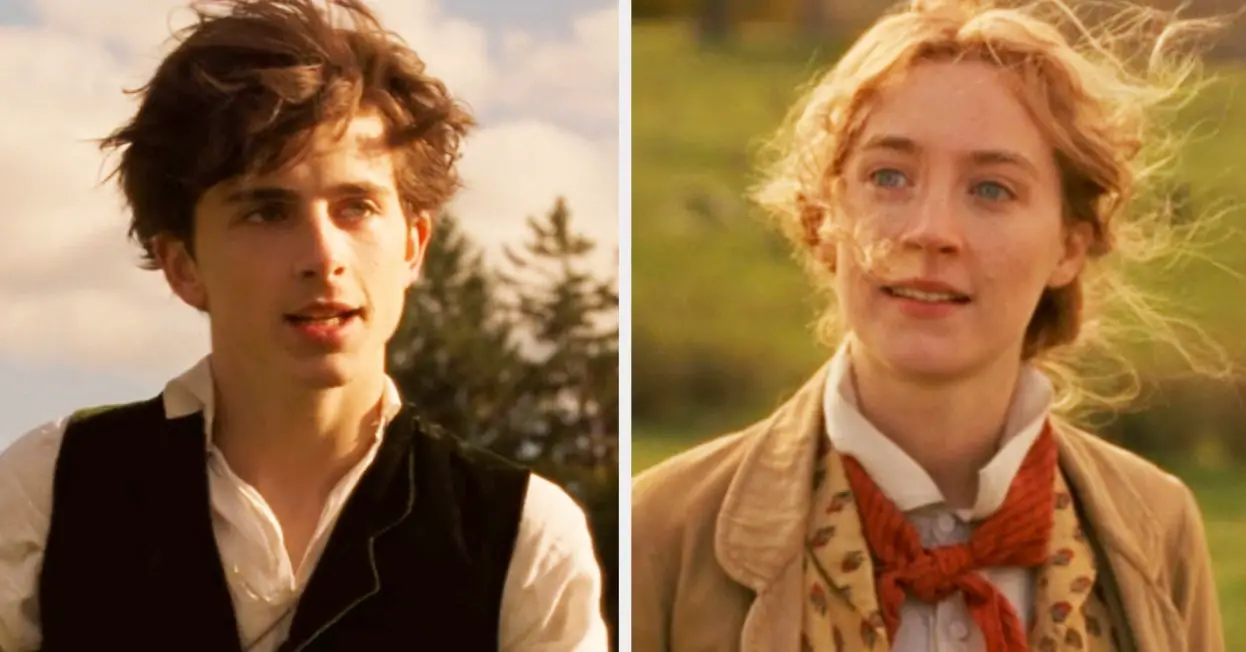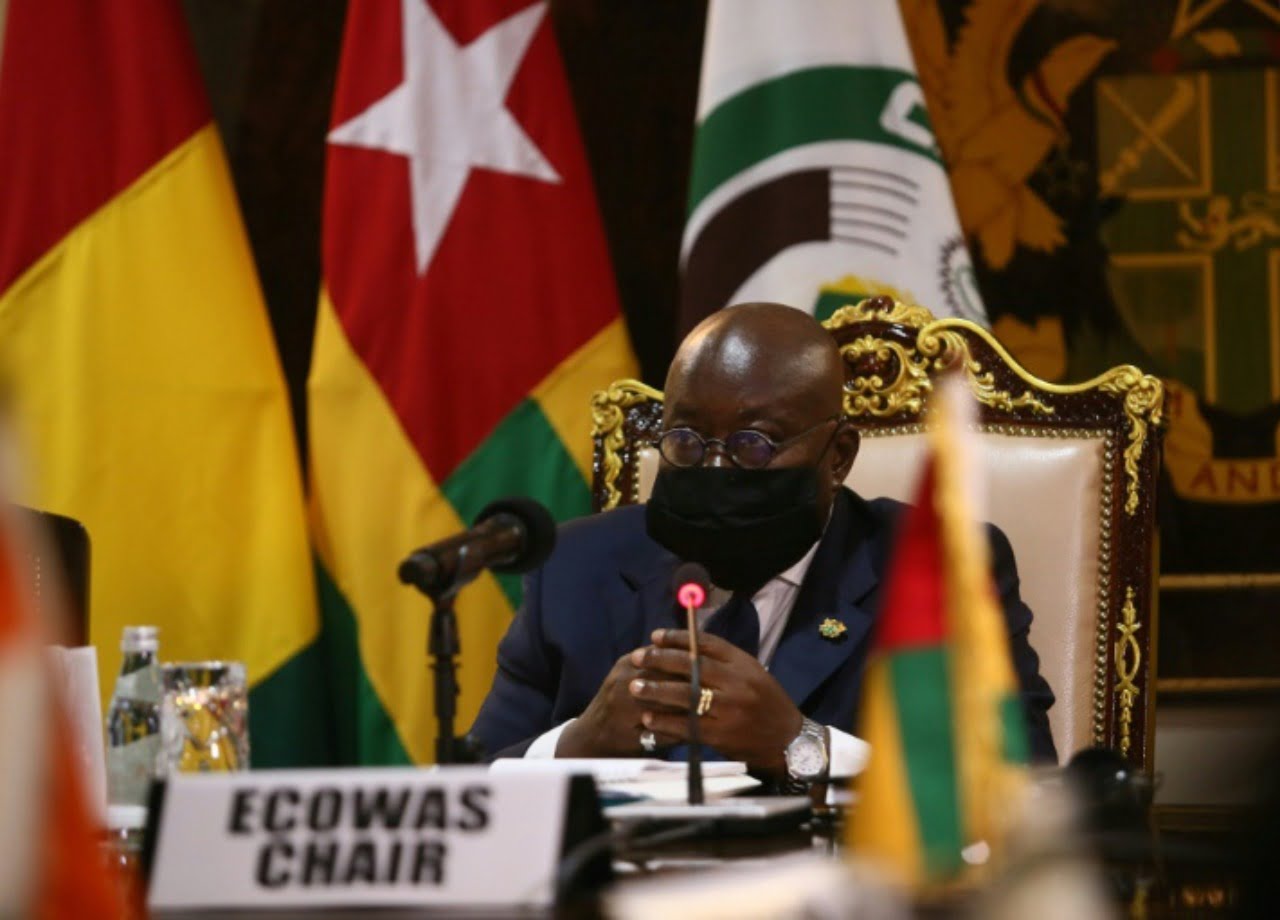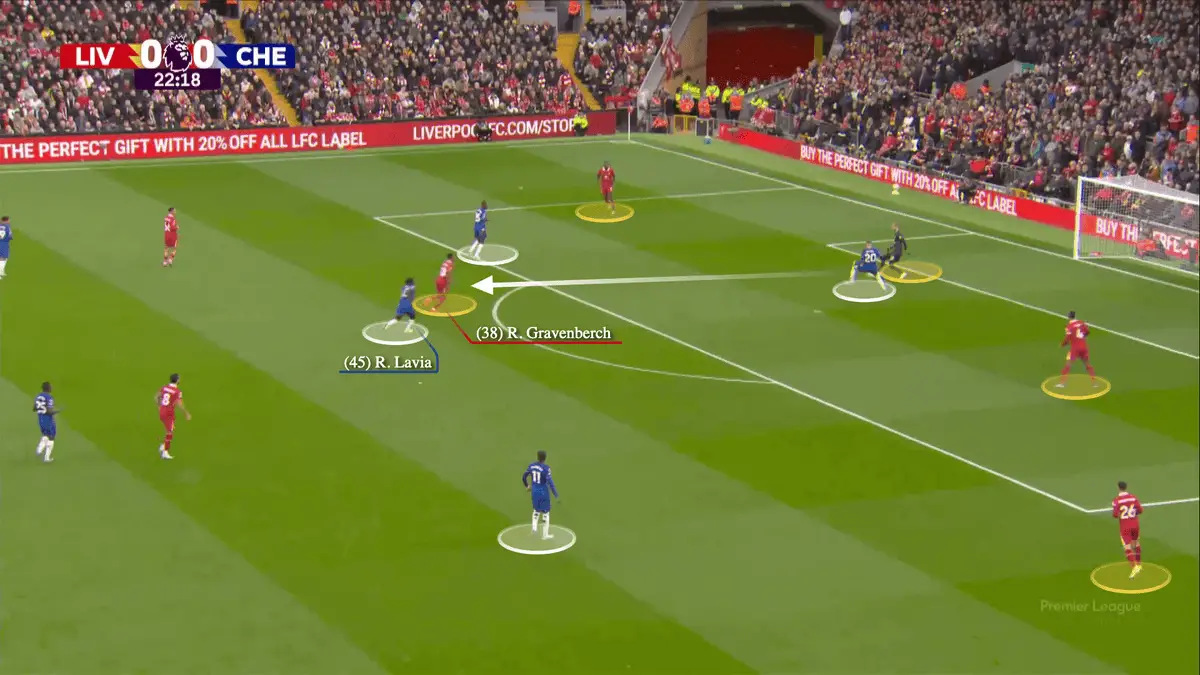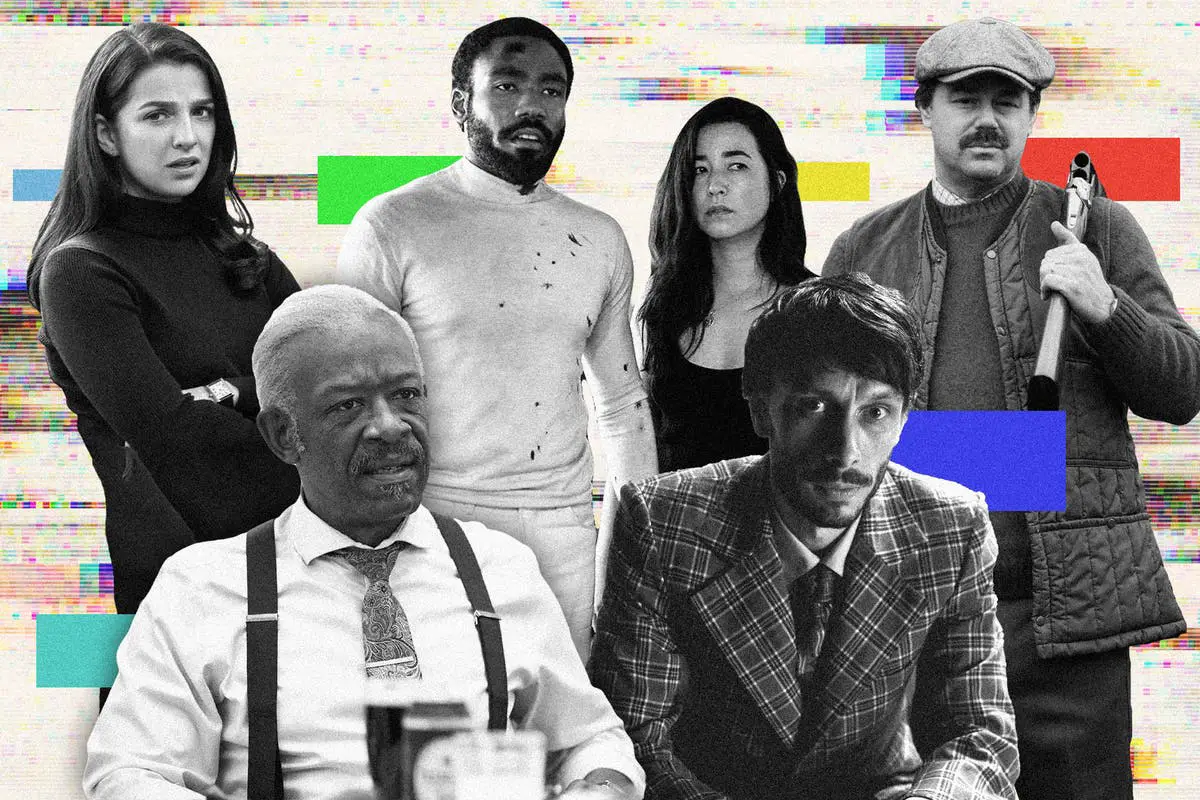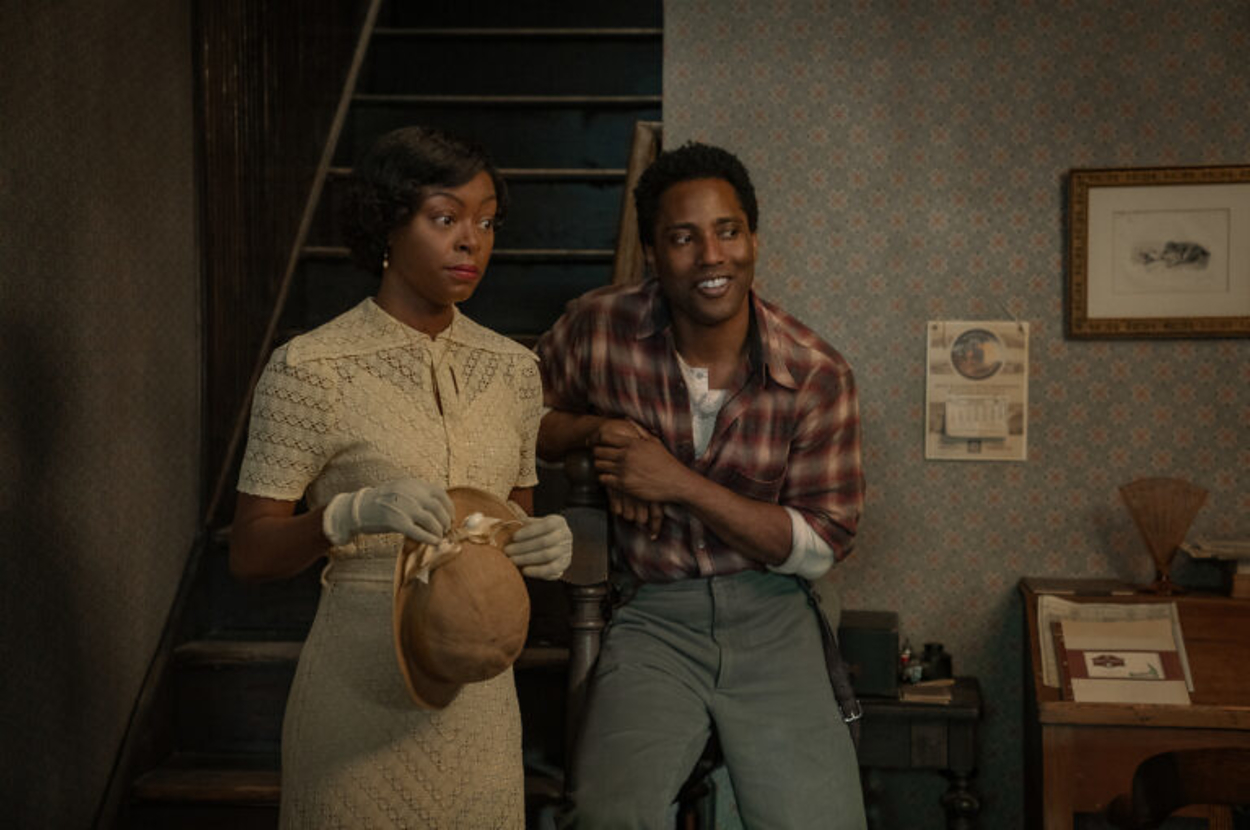
Malcolm, your father has played a huge part in preserving August Wilson’s legacy and sharing his work with new audiences. Growing up, what role did his work play in your household?
Malcolm Washington: August’s work? In our household, August was like that uncle you never actually met, but his presence was always felt. You’d constantly hear his name mentioned. There was a comfort in knowing that his artistry was there, even if indirectly. And then, when I got the chance to really engage with his work – reading it, interpreting it: it felt like a deeply personal connection. Almost as if he had been writing just for me all along. It was profound.
Watching the film, I found myself torn between both Boy Willie’s and Bernice’s perspectives. It made me reflect on my own values. What did you learn about yourself during the filming?
John David: A lot of what August wrote, especially regarding Boy Willie, was about his grappling with spirituality. He curses God out a couple of times. Many male figures in August Wilson’s plays struggle with belief in God and question if they’ve been abandoned by their spirituality. I was able to confront that in my own life, relive some of my own struggles, and bring that up through Boy Willie. It was important to me, and it spoke deeply to my soul. It was a bit of an exorcism, a purging, based on my experiences.
Danielle: That’s a hard question to answer for me, personally. I think Bernice is trying to reckon with life’s practicality and the pushing of our personal, intuitive desires. I think I’m reckoning with that balance – everything isn’t linear, but it’s not always as dynamic as we make it. We’re not constantly at work; sometimes, we’re at rest. Finding that balance between the mountains of life and rest is what this role helped me understand.

